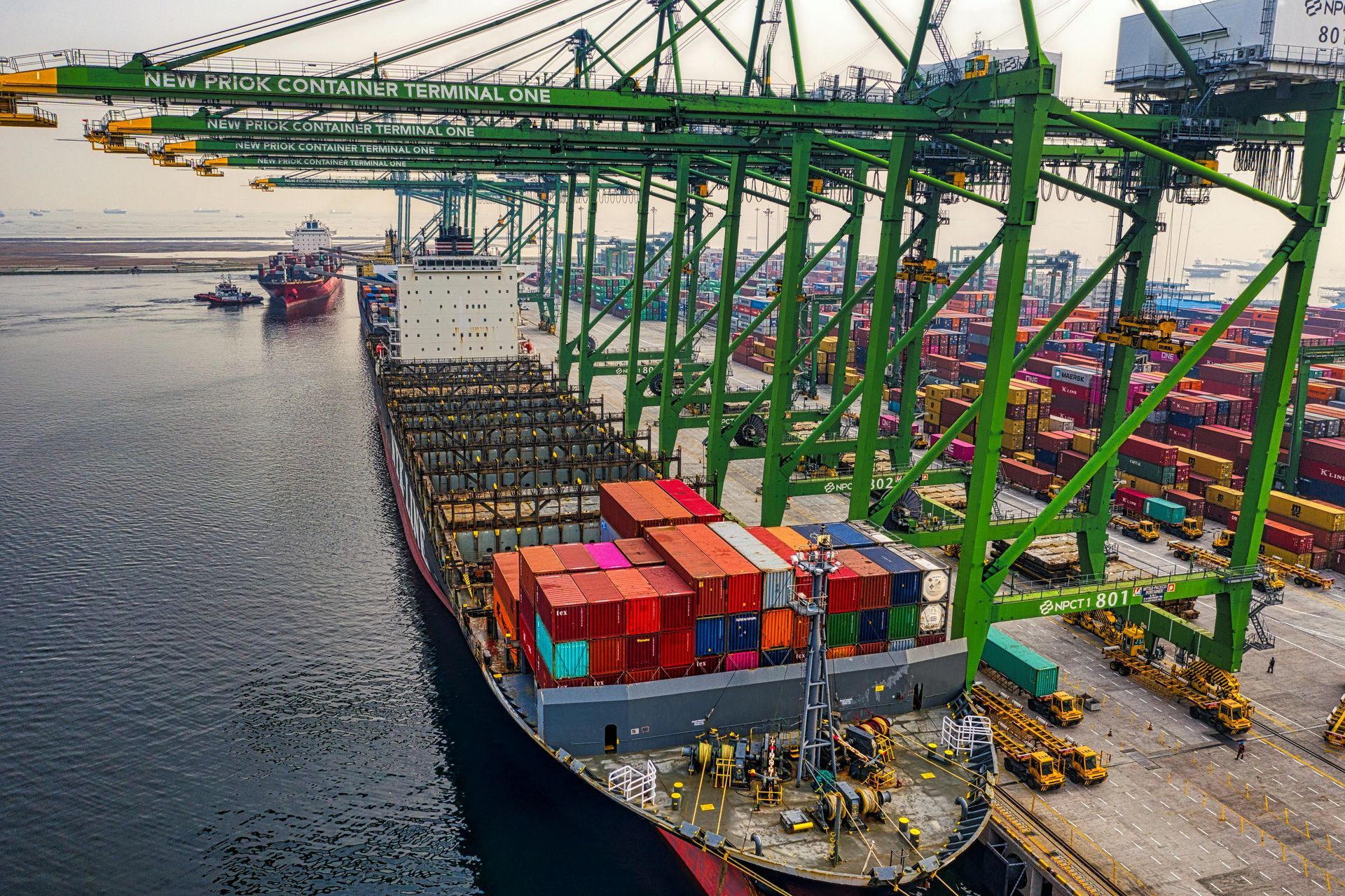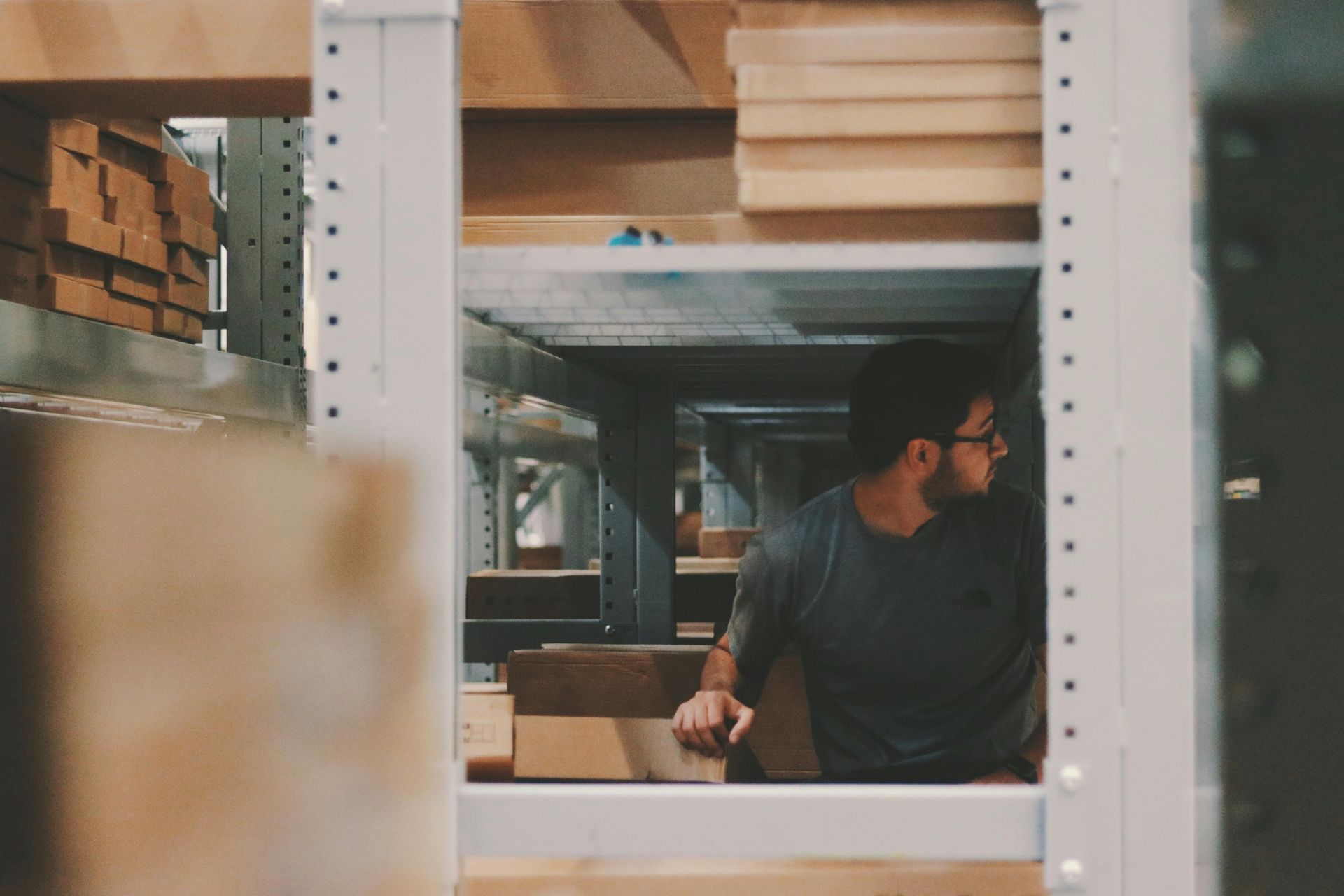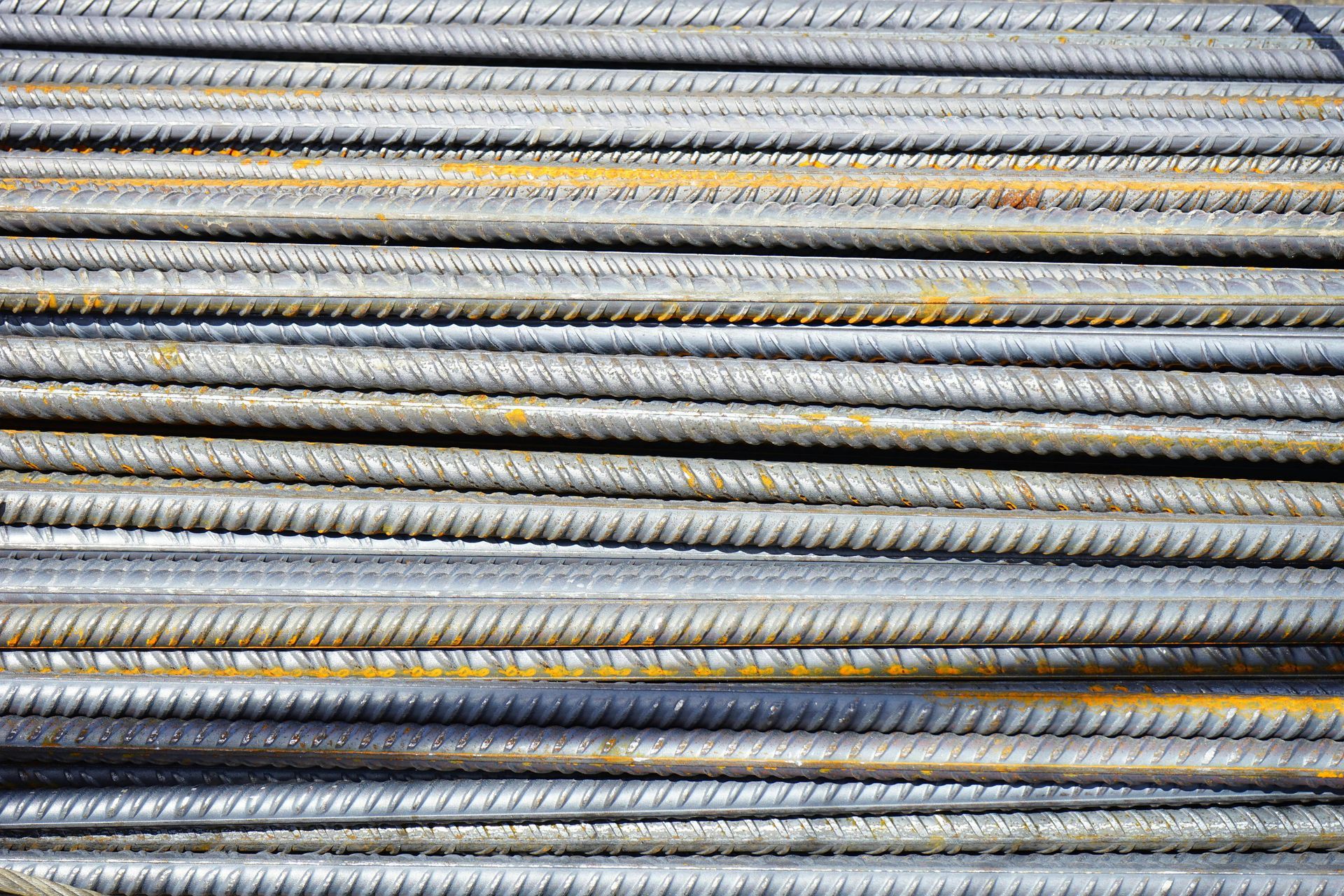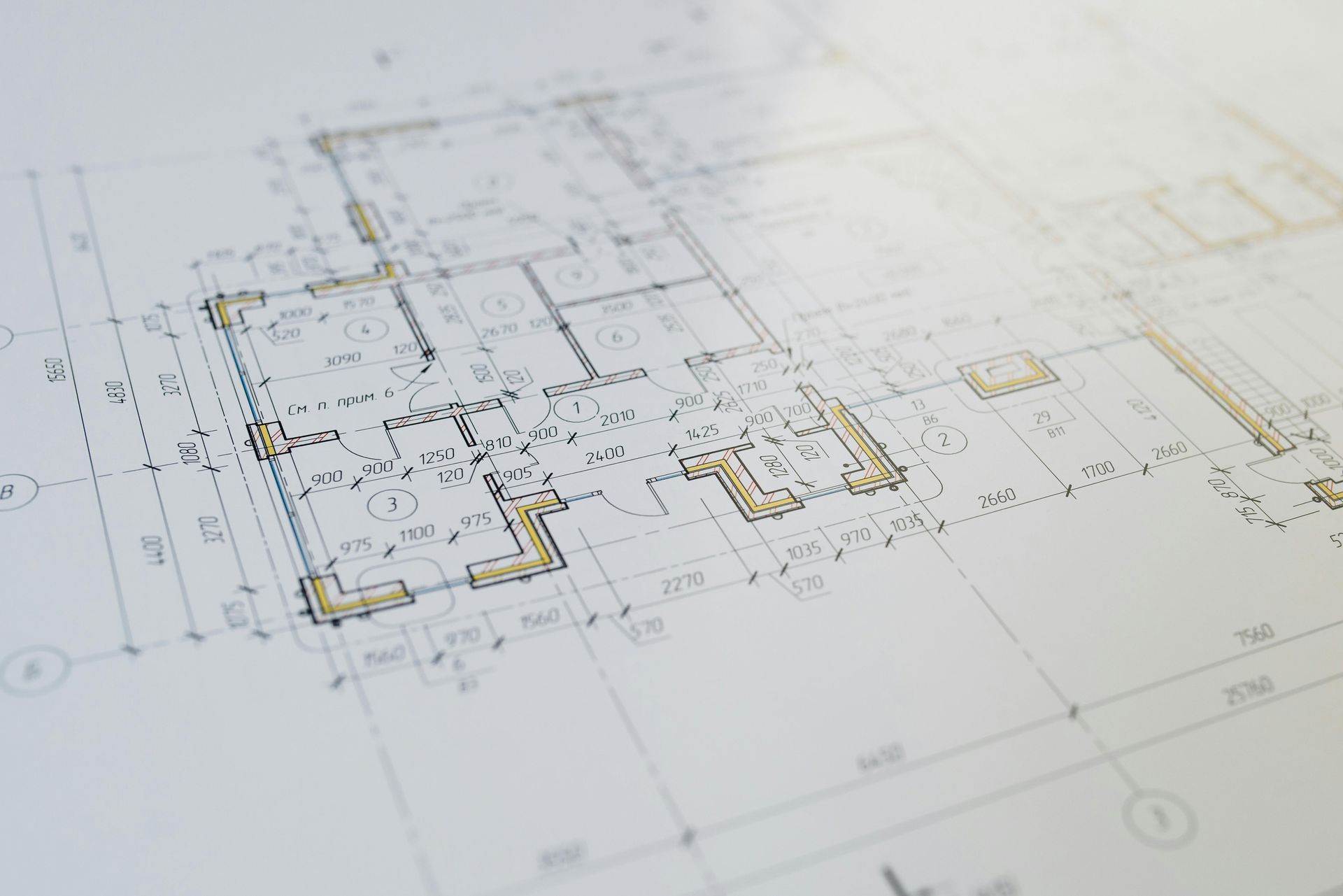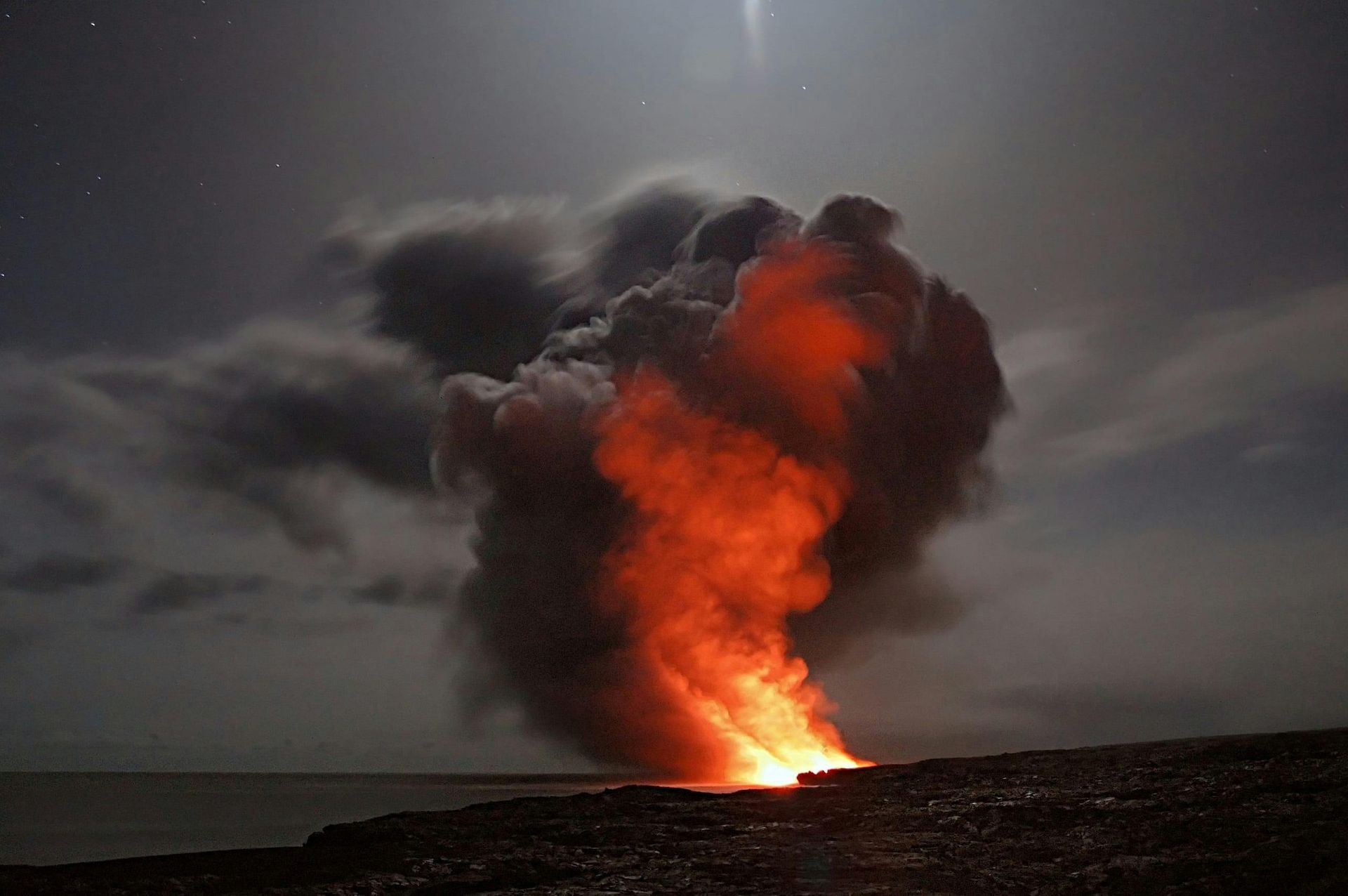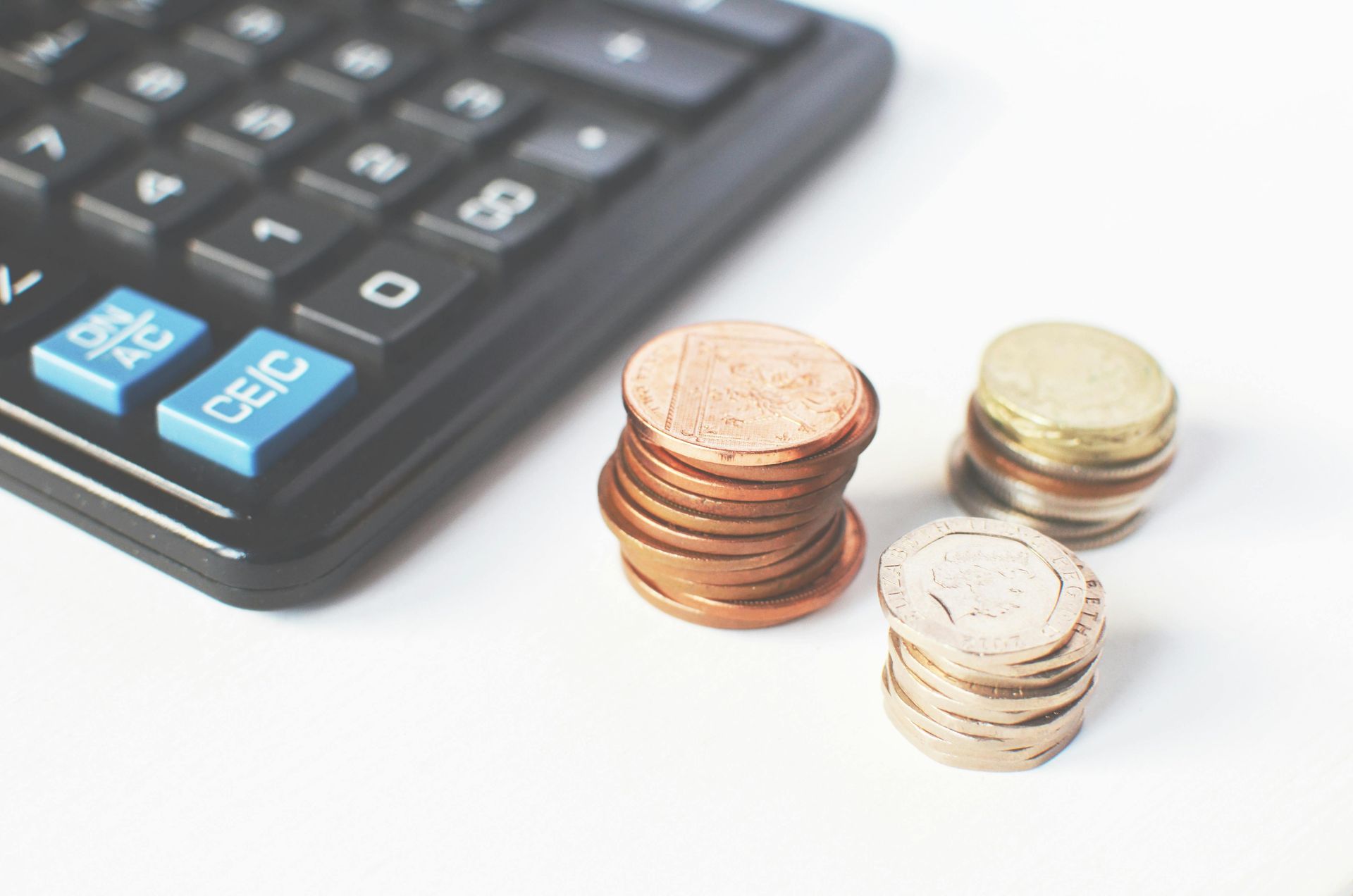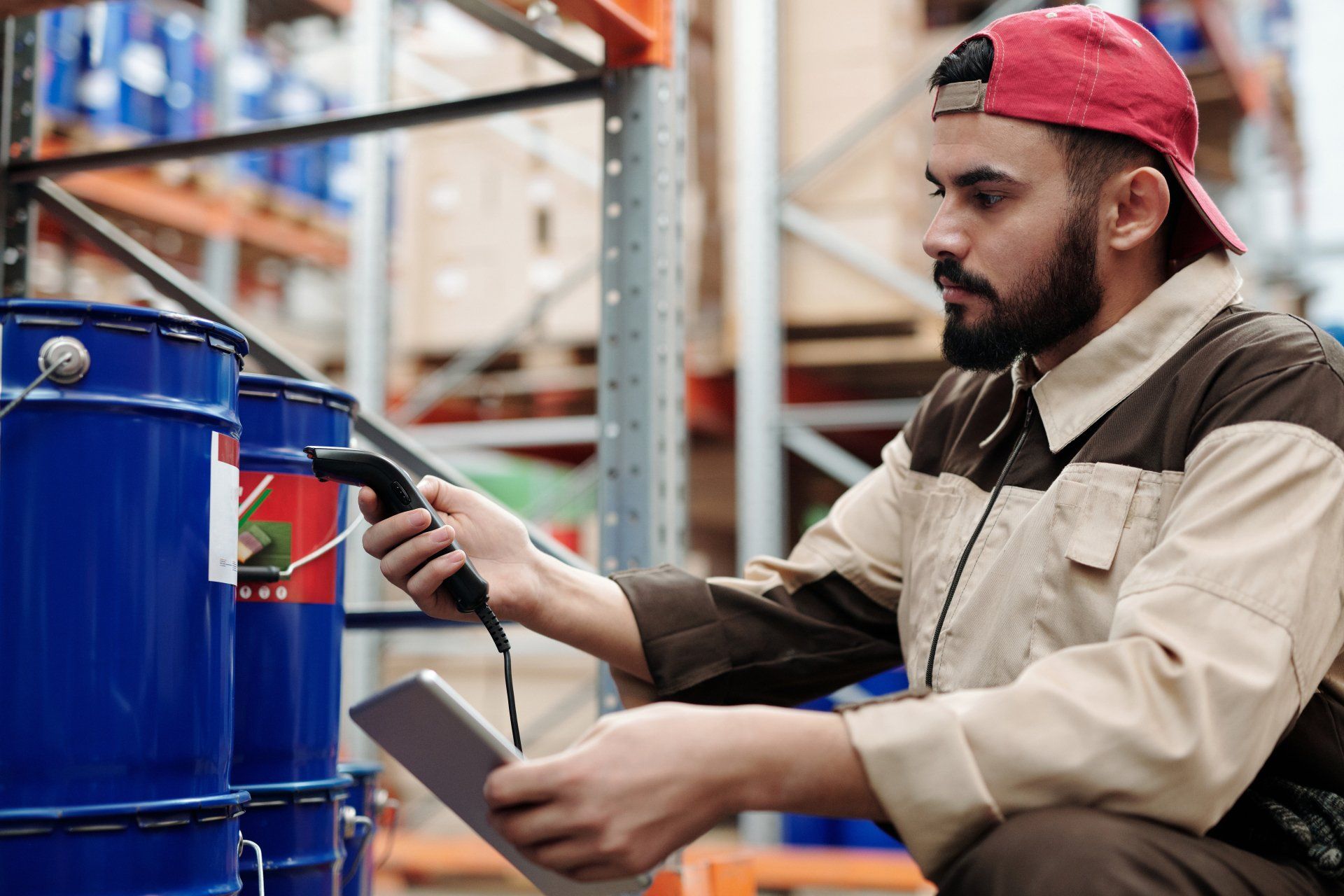Top Energy-Efficient Upgrades for MDUs: A Guide for Sustainable Living
As concerns about climate change grow, tenants are increasingly interested in living in buildings that align with their values of sustainability. For Multiple Dwelling Units (MDUs), energy-efficient upgrades not only support eco-friendly living but also reduce operational costs, attract environmentally conscious renters, and add long-term value to the property. Here are the top energy-efficient upgrades for MDUs that benefit both tenants and property owners, creating a sustainable and comfortable living environment.
Upgrade to LED Lighting Throughout the Property
Lighting can account for a significant portion of an MDU’s energy consumption, particularly in common areas like lobbies, hallways, and parking garages. Switching to LED lighting is a simple yet highly effective way to improve energy efficiency.
- LED Lights for Common Areas: LEDs use up to 80% less energy than traditional incandescent bulbs and last significantly longer, reducing both energy costs and maintenance needs. Installing LED lights in common areas ensures that these high-traffic spaces remain well-lit without the high energy consumption of traditional lighting.
- Motion-Sensor Lighting: In areas with intermittent use, such as stairwells, storage rooms, or parking garages, motion-sensor lighting can reduce energy waste by only activating when someone is present. This upgrade combines the energy efficiency of LEDs with additional energy savings from reduced use.
- Daylight Harvesting Systems: Daylight harvesting systems adjust artificial lighting based on the amount of natural light available. In spaces with ample windows or skylights, this system helps reduce energy usage by automatically dimming lights during the day, taking advantage of natural sunlight.
By switching to LED lighting and incorporating smart lighting systems, MDUs can significantly lower electricity costs and improve sustainability, creating a brighter, greener environment for residents.
Install Energy-Efficient Windows and Insulation
Insulation and windows play a vital role in regulating indoor temperatures, and upgrading these elements can greatly reduce the building’s energy demand for heating and cooling.
- Double- or Triple-Glazed Windows: Energy-efficient windows reduce heat transfer, keeping units cooler in the summer and warmer in the winter. Double- or triple-glazed windows provide insulation from both temperature extremes and noise, creating a more comfortable and quiet living environment for tenants.
- Window Film for Added Insulation: For MDUs with existing single-pane windows, window film is an affordable solution that enhances insulation and reduces heat gain. This film helps lower cooling costs in summer and provides an extra layer of comfort for residents.
- Upgraded Wall and Attic Insulation: Insulating walls, attics, and ceilings in MDUs is essential for minimizing heat loss in winter and retaining cool air in summer. Insulation materials like spray foam, fiberglass, or cellulose effectively block heat transfer and help stabilize indoor temperatures, lowering energy costs for the building.
- Weatherstripping and Sealing: Simple upgrades like weatherstripping around doors and windows prevent drafts and reduce energy loss. Ensuring that doors and windows are properly sealed helps keep conditioned air inside, reducing the workload on HVAC systems and cutting down on utility costs.
Energy-efficient windows and insulation not only create a more comfortable living space but also support significant energy savings, making this a valuable upgrade for MDUs.
Opt for High-Efficiency HVAC Systems
Heating, ventilation, and air conditioning (HVAC) systems are major energy consumers in MDUs. Upgrading to a high-efficiency HVAC system can reduce energy use, cut utility costs, and improve indoor air quality.
- ENERGY STAR-Certified HVAC Systems: ENERGY STAR-certified HVAC systems use less energy than standard models without sacrificing performance. These systems can cut heating and cooling costs significantly, providing both environmental and financial benefits.
- Smart Thermostats in Each Unit: Smart thermostats allow residents to control their heating and cooling preferences more efficiently, leading to energy savings. These devices let tenants set schedules, monitor usage, and adjust temperatures remotely, which can prevent unnecessary energy consumption in unoccupied units.
- Duct Sealing and Insulation: Leaky or poorly insulated ductwork can lead to substantial energy loss. Sealing and insulating ducts ensures that heated or cooled air reaches its destination without wasting energy, making the HVAC system more effective and efficient.
- Regular Maintenance for Optimal Performance: Routine HVAC maintenance, such as changing filters, cleaning coils, and inspecting parts, helps systems operate efficiently. A well-maintained HVAC system uses less energy, has a longer lifespan, and provides better air quality for residents.
Investing in a high-efficiency HVAC system not only reduces operational costs but also enhances tenant comfort, making it an attractive upgrade for MDUs.
Add Solar Panels or Renewable Energy Systems
Incorporating renewable energy systems like solar panels can significantly reduce an MDU’s reliance on traditional energy sources, lower utility costs, and appeal to eco-conscious tenants.
- Solar Panels for Common Areas: Solar panels can offset energy costs by providing power for common areas, such as hallways, elevators, and outdoor lighting. For MDUs with large roofs, solar energy can be a substantial source of renewable power, reducing the building’s carbon footprint and dependence on the grid.
- Community Solar Programs: For buildings with limited roof space, community solar programs allow MDUs to benefit from solar energy without on-site installations. These programs let residents purchase solar energy from a nearby solar farm, reducing their personal energy bills and supporting renewable energy.
- Battery Storage for Resilience: Solar battery storage systems allow MDUs to store excess solar energy generated during the day for use at night or during power outages. Battery storage enhances energy resilience and reduces the building’s overall energy costs.
- Incorporating EV Charging Stations: As electric vehicle ownership rises, MDUs that offer EV charging stations powered by renewable energy appeal to eco-friendly tenants. EV charging infrastructure is a forward-thinking addition that makes the property more appealing and aligns with sustainability goals.
Solar and renewable energy systems can make MDUs more sustainable while providing a reliable and cost-effective source of energy, benefiting both property managers and residents.
Use Water-Saving Fixtures and Appliances
Water heating accounts for a significant portion of energy consumption in residential buildings. By installing water-saving fixtures and energy-efficient appliances, MDUs can reduce both water and energy usage.
- Low-Flow Faucets and Showerheads: Low-flow fixtures reduce water usage without compromising water pressure, making them an ideal choice for MDUs. These fixtures lower both water and water heating costs, helping residents conserve water and save on utilities.
- Energy-Efficient Water Heaters: ENERGY STAR-certified water heaters use less energy to provide hot water, which is especially valuable in high-demand environments like MDUs. Options like tankless water heaters and heat pump water heaters are highly efficient and can reduce energy costs associated with water heating.
- Efficient Laundry Facilities: For MDUs with shared laundry rooms, upgrading to high-efficiency washing machines and dryers can reduce water and energy usage. Efficient washers use less water per cycle, and energy-efficient dryers complete cycles faster, saving energy.
- Greywater Recycling Systems: Greywater recycling captures wastewater from sinks, showers, and laundry and repurposes it for non-potable uses, like irrigation or toilet flushing. This system reduces water demand and supports a sustainable water management strategy for MDUs.
Water-saving upgrades are valuable for MDUs, reducing both water consumption and the energy needed to heat water, creating a sustainable and cost-effective solution for property managers.
Implement Smart Building Management Systems
Smart building management systems (BMS) help property managers monitor and control energy usage across an MDU, making it easier to identify inefficiencies and optimize performance.
- Centralized Energy Monitoring: A BMS provides real-time data on energy usage throughout the building, helping property managers identify patterns, peak demand times, and areas of high consumption. This data allows for more informed decisions about where and how to implement further energy-saving measures.
- Automated HVAC and Lighting Controls: A BMS can automate HVAC and lighting schedules based on occupancy or time of day, ensuring that energy isn’t wasted in unoccupied areas. Automated systems reduce human error and make the building more energy-efficient by adjusting settings in real time.
- Leak Detection and Maintenance Alerts: Many BMS platforms offer sensors that detect water leaks, monitor temperature changes, and send alerts for equipment that requires maintenance. This proactive approach helps property managers address issues quickly, preventing energy and water waste.
- Resident Access to Energy Data: Allowing tenants to access their energy consumption data through a portal or app can encourage them to adopt more sustainable behaviors. Providing tips on reducing energy usage based on personal consumption data can also make a meaningful difference in the building’s overall efficiency.
By implementing a BMS, MDUs can streamline utility management, reduce energy costs, and maintain a high level of control over building operations, all while supporting sustainability efforts.
Energy-Efficient Upgrades for Sustainable MDU Living
Energy-efficient upgrades are essential for MDUs striving to create sustainable, comfortable, and cost-effective living spaces. From LED lighting and high-efficiency HVAC systems to renewable energy sources and water-saving fixtures, these upgrades support both environmental goals and tenant satisfaction. For property managers and developers, investing in energy-efficient systems can reduce long-term operating costs and add lasting value to the property.
As tenants continue to seek out eco-friendly living options, MDUs that prioritize energy efficiency and sustainability will stand out in the market. By embracing these energy-efficient upgrades, property owners can create a modern, responsible community that attracts eco-conscious tenants and contributes positively to the environment.
